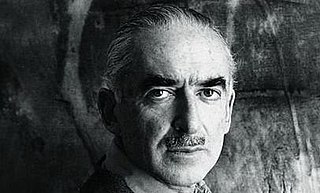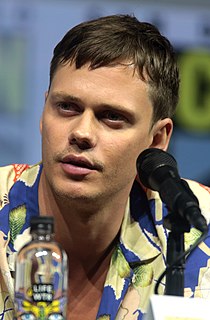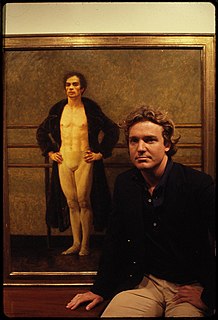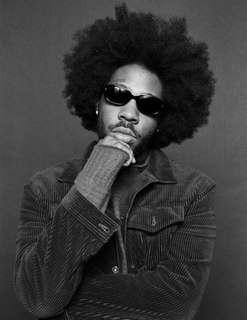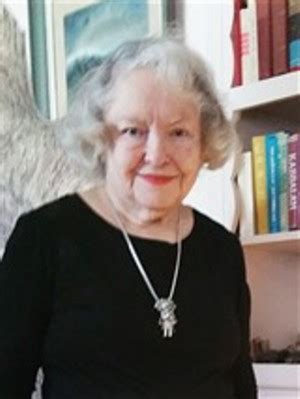A Quote by Alexander Liberman
All art is solitary and the studio is a torture area.
Related Quotes
I did a lot of research on what solitary confinement does to you, how you become acclimated to being surrounded by people again after being by yourself for such a long time. It's really a horrific thing. It's definitely worth considering it as torture. We're just not meant to be in solitary confinement.
I don't know about torture. I have educated myself on many things but on torture I have not known the boundary between what is torture and what isn't torture. I know the NRA tie these people (rebels, etc.) when they catch them. They tie their hands backwards. I am now being told that is torture. It is the traditional method.
I had just finished reading The Day of the Locust when this piece was brought to my attention, and I was like, "How do you create art in the system, the way it is?" Looking around the studio film landscape, there are all of these great superhero movies, which is fantastic, especially for my kids, but it's hard to find real art house films in the studio system, these days.
There were two practical reasons we moved to Venice. One was that there was an artists movement and a countercultural movement. Lots of people we might want to hire lived in the area. We also wanted to buy in a lower rent area that looked like it was going to be gentrified so that we could eventually sell the studio for more money.
